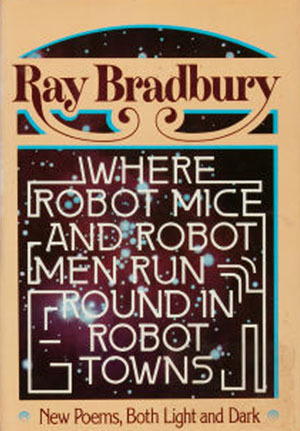What do you think?
Rate this book


77 pages, Hardcover
First published October 12, 1977
So I'll retire me to Bedlam, for my goodness is my shame,
Or I'll hire some evil Berlitz, teach myself a smarter game,
Run with dogs and hogs and butchers, make Caligula my name;
Vote for Nixon, Mao, Castro, Idi Amin, James Earl Ray.
Buy a bedsheet, cut some eyeholes, join the Book Club KKK.
Kill Olympic sports for breakfast, burn an airport, see the sights!
Then send cables, ask for bidders, sell the film and TV rights.
Patty Hearst is ripe for sequels, flood the market, what the hell.
Since the bad that I once vanquished, still around, are doing well.